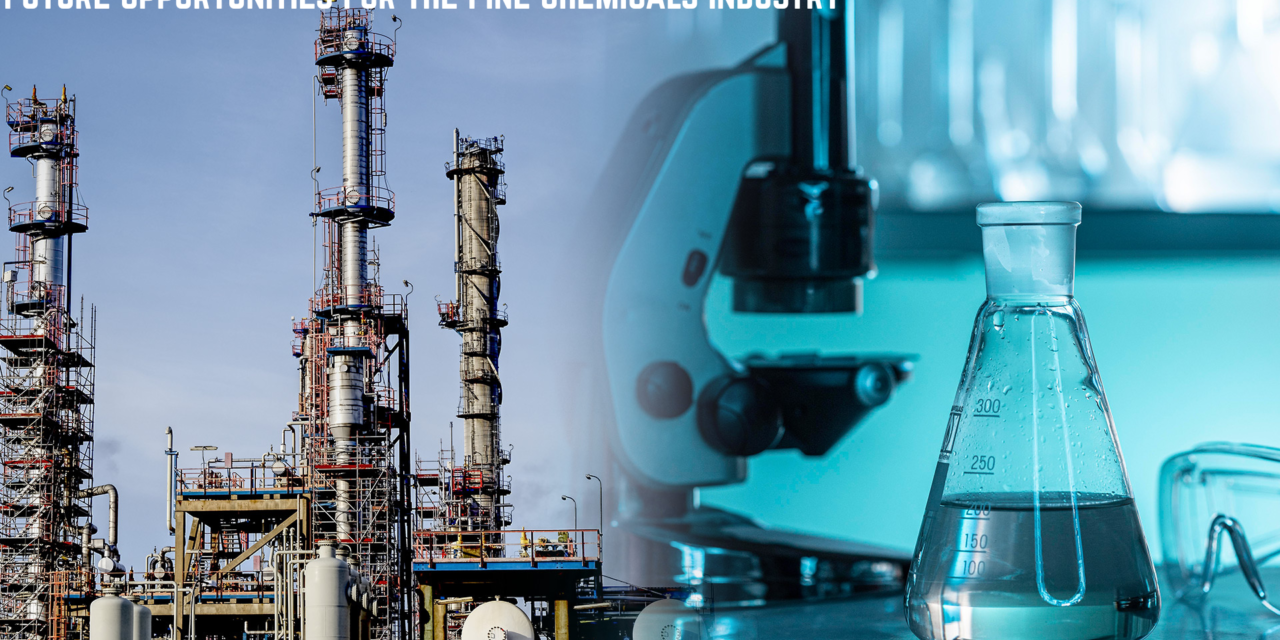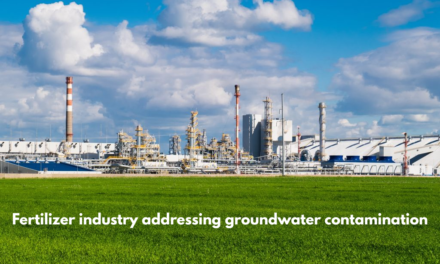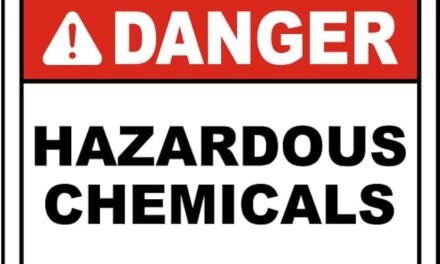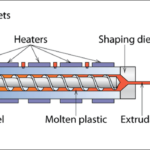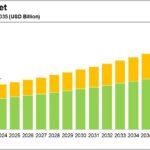The fine chemicals industry has numerous future opportunities driven by advancements in technology, growing end-user demands, and the global push for sustainability. Key opportunities include:
1. Growth in Pharmaceuticals
- Personalized Medicine: Rising demand for active pharmaceutical ingredients (APIs) and intermediates tailored to personalized treatments.
- Biologics and Biosimilars: Expansion of biotech drugs offers opportunities for complex fine chemical synthesis.
2. Sustainable and Green Chemistry
- Bio-Based Chemicals: Increased use of renewable feedstocks and green processes.
- Eco-Friendly Manufacturing: Adoption of waste-free, energy-efficient, and solvent-free methods.
3. Agrochemical Advancements
- Precision Agriculture: Demand for customized fine chemicals in advanced pesticides and fertilizers.
- Bio-Agrochemicals: Development of bio-based crop protection solutions.
4. Electronics and Semiconductors
- Growing need for high-purity fine chemicals in manufacturing semiconductors, advanced materials, and renewable energy technologies.
5. Expanding Consumer Industries
- Cosmetics and Personal Care: Custom formulations and specialty chemicals for high-end, natural, and sustainable products.
- Food Additives: Increased demand for fine chemicals in food preservatives, flavors, and nutraceuticals.
6. Biotechnological Integration
- Synthetic Biology: Engineering microbes for efficient production of complex fine chemicals, enabling scalability and cost reduction.
- Biocatalysis: Innovations in enzyme-based processes for complex molecule synthesis.
7. Emerging Markets
- Industrialization in Asia-Pacific, Africa, and Latin America opens new opportunities for fine chemicals in pharmaceuticals, agrochemicals, and consumer products.
8. Circular Economy
- Waste Valorization: Using industrial and agricultural waste as feedstocks for fine chemical production.
- Recycling Fine Chemicals: Opportunities in reusing and recycling high-value materials.
9. Advanced Manufacturing Technologies
- Continuous Flow Chemistry: Increased adoption for safer, scalable, and cost-effective production.
- Digital Transformation: Leveraging AI, machine learning, and automation to optimize production and R&D.
10. Regulatory and Policy Support
- Incentives for adopting green technologies and producing safer chemicals for human and environmental health.


